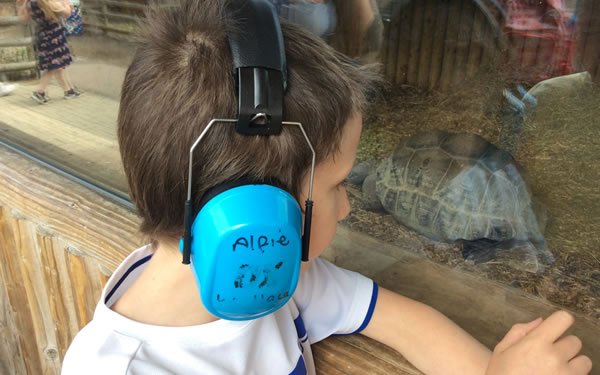Disabled Children's Charity in Kent
Direct PaymentsA Direct Payment is a sum of money that you may be entitled to from Kent County Council that enables you to be in control of who provides your or your child’s care needs.
Direct Payments Service
The Direct Payment Service provides a range of information and support for disabled children and their families in receipt of or interested in taking up Direct Payments within Kent.
Having a Direct Payment gives you choice and control over how you organise and manage your child’s care and support.
We understand that receiving or considering Direct Payments for the first time can be a daunting prospect. The Direct Payment Service aims to make the experience as simple as possible by supporting children, young adults, and their parents throughout the process.
The Direct Payment Service can provide practical and informative support such as:
- Helping you understand the ‘Direct Payment Agreement’
- Discussing your options around the recruitment process, assist with writing and placing adverts, sending out job application forms and collating responses.
- Carrying out DBS Checks for Personal Assistants (PAs)
- Supporting good employment practice
- Working with you to manage your Direct Payment budget
- Obtaining information in accessible formats where required
- Providing template documents for all your needs
Our support includes face-to-face, telephone, and email support from your dedicated Direct Payment Case Worker.
From 1st April 2025 We Are Beams no longer holds the Kent County Council contract to support 1100 parents living in Kent with a disabled child to administer their direct payments. Please refer all new queries to your social worker.
